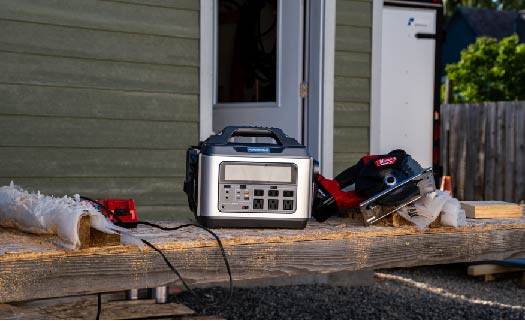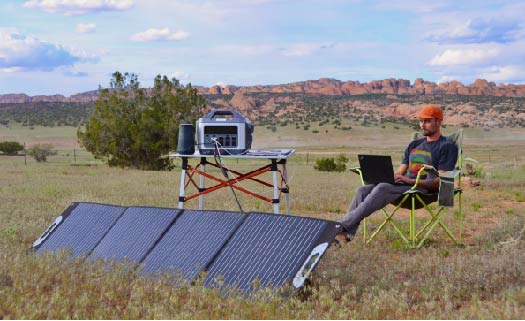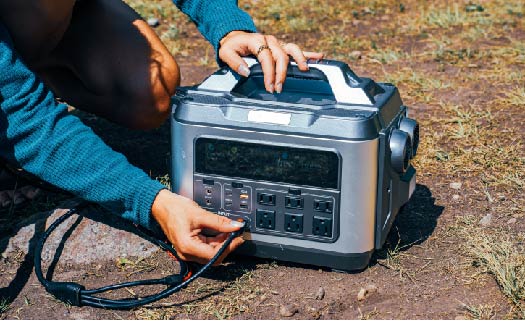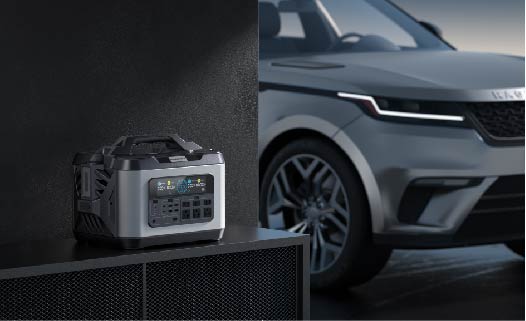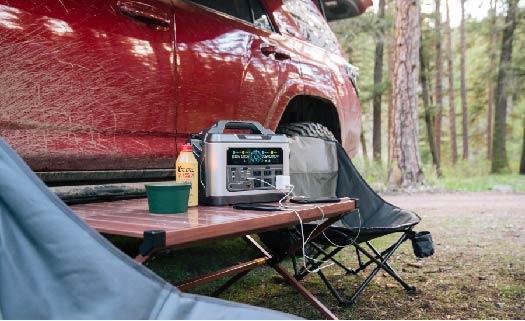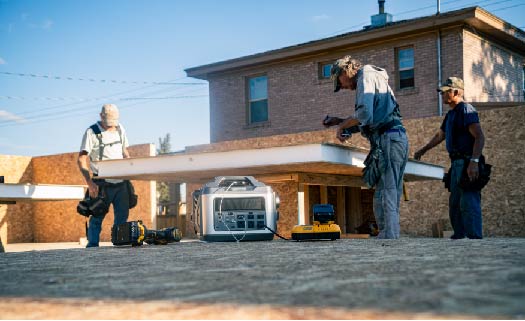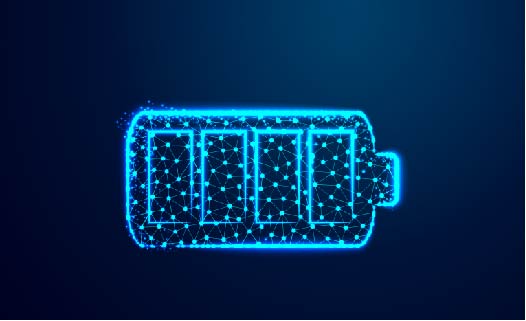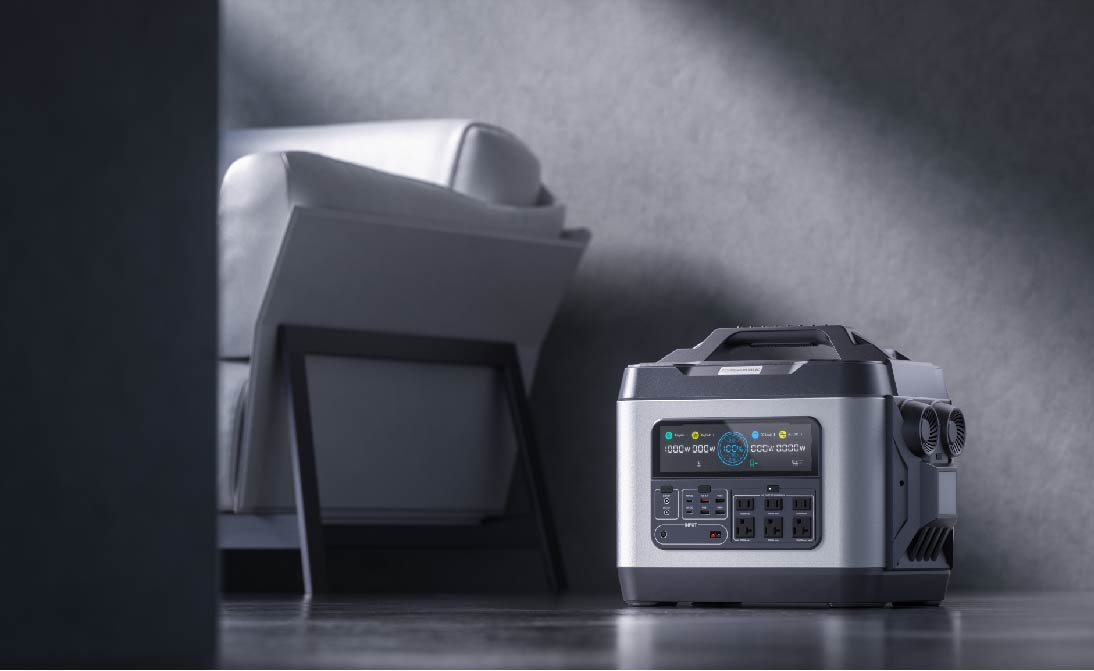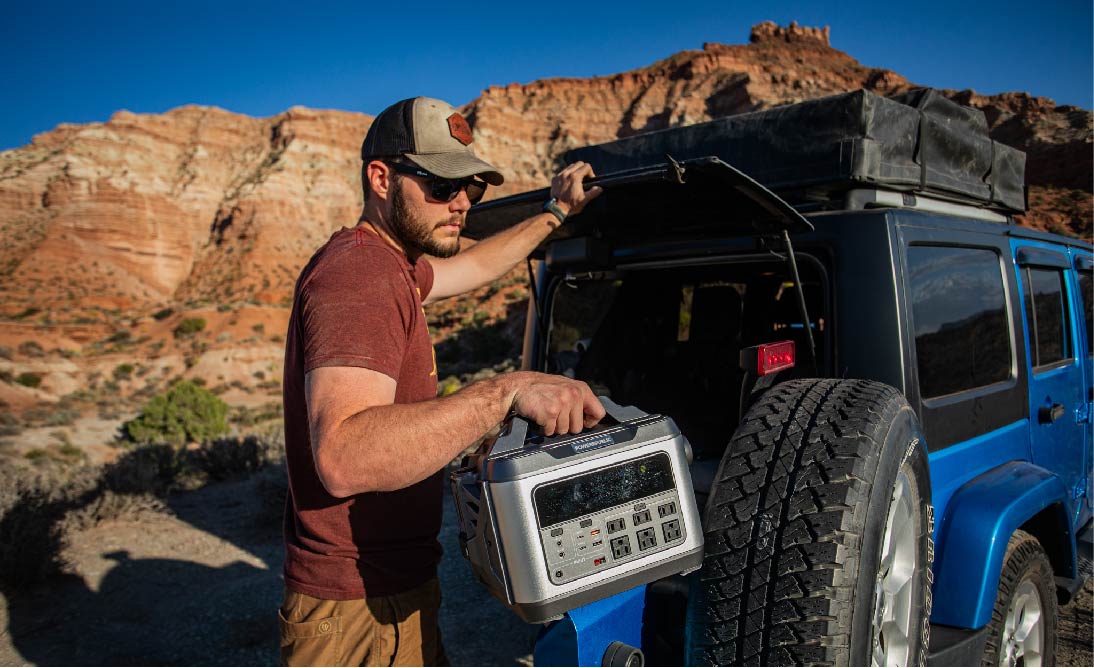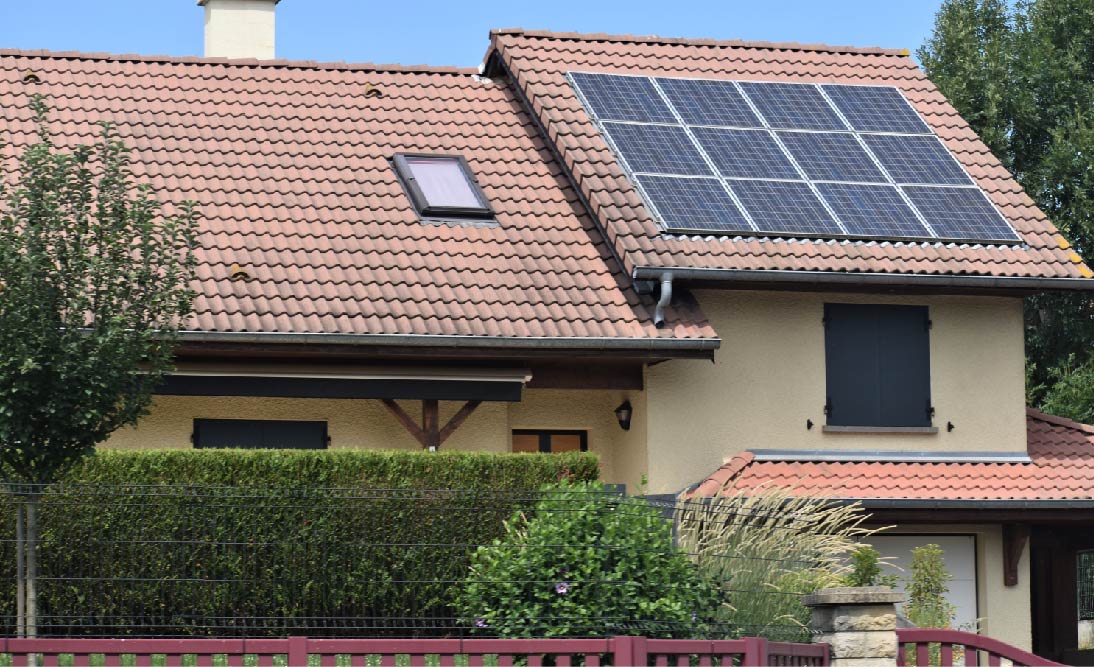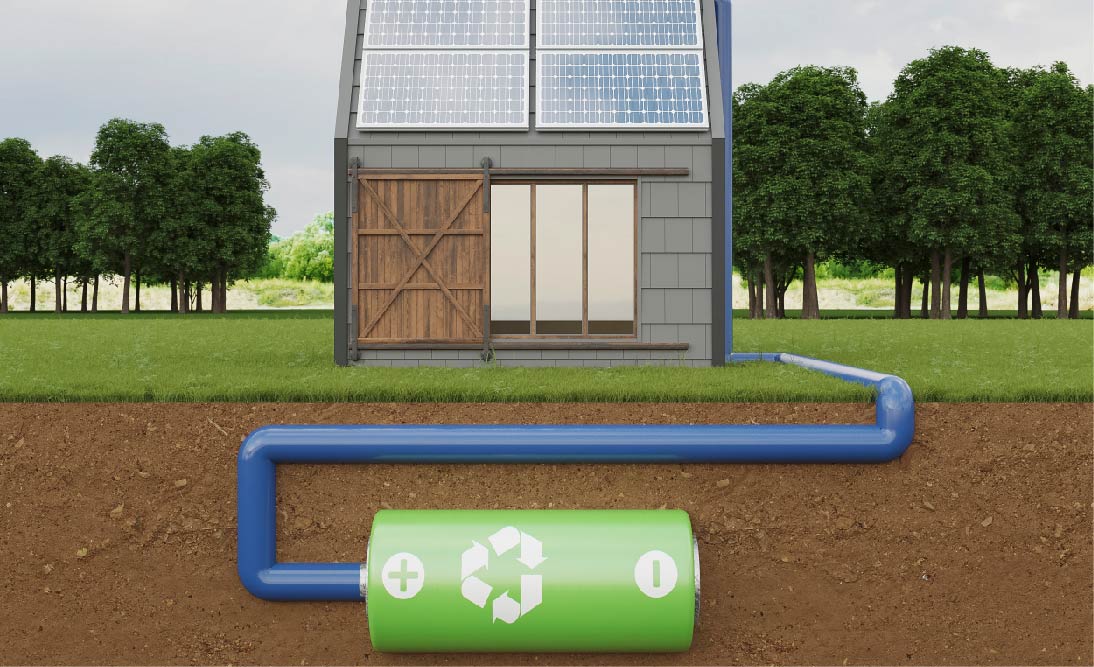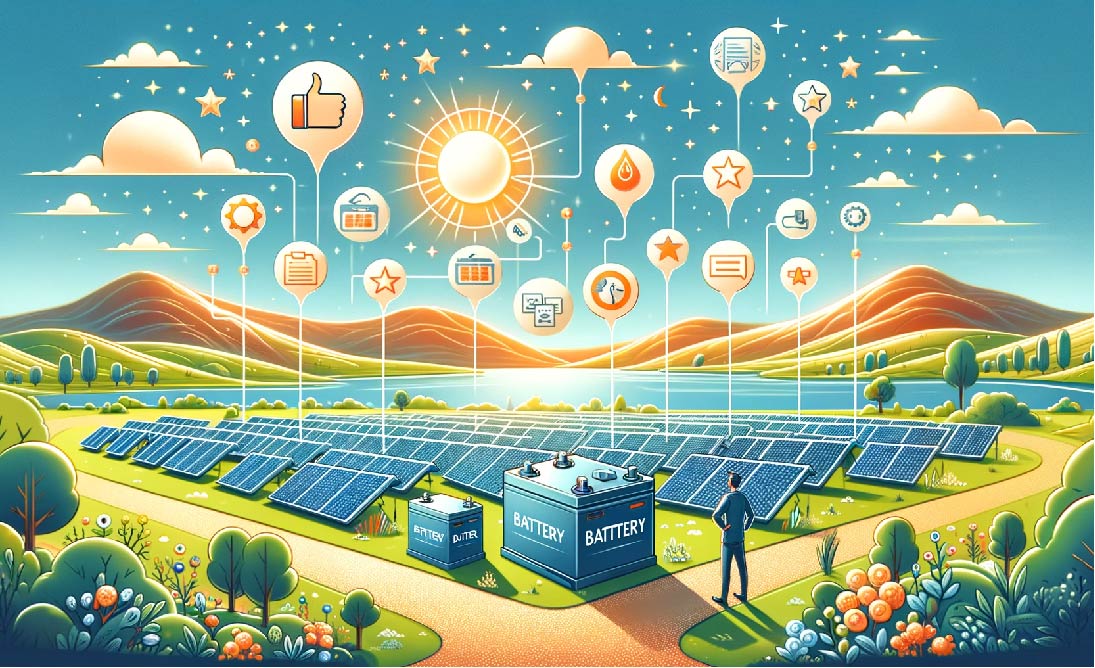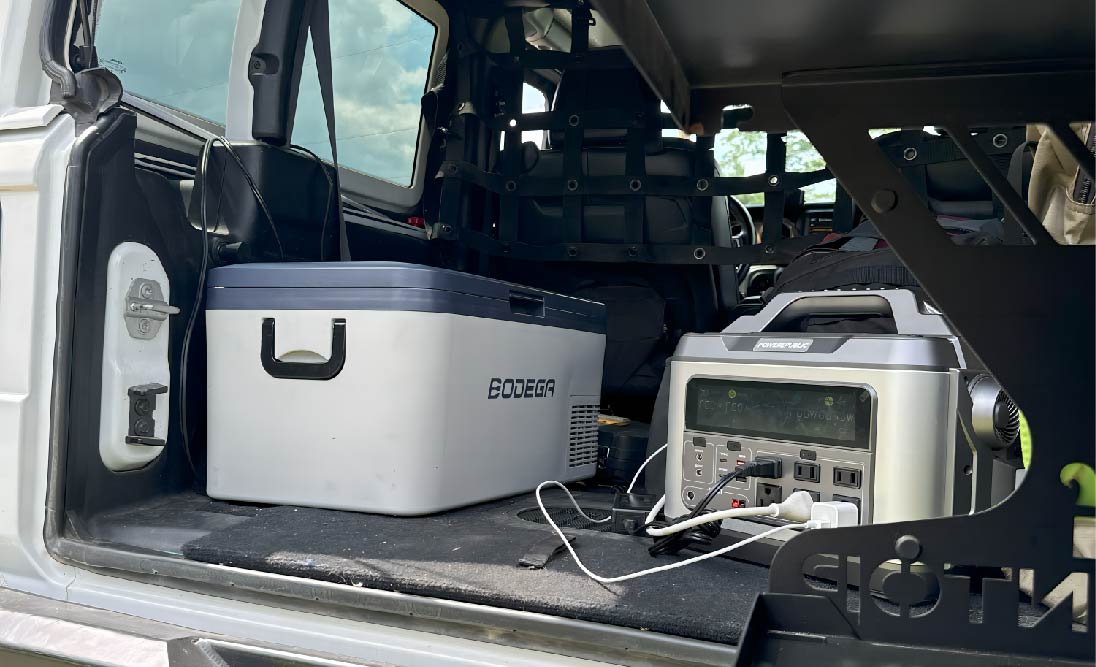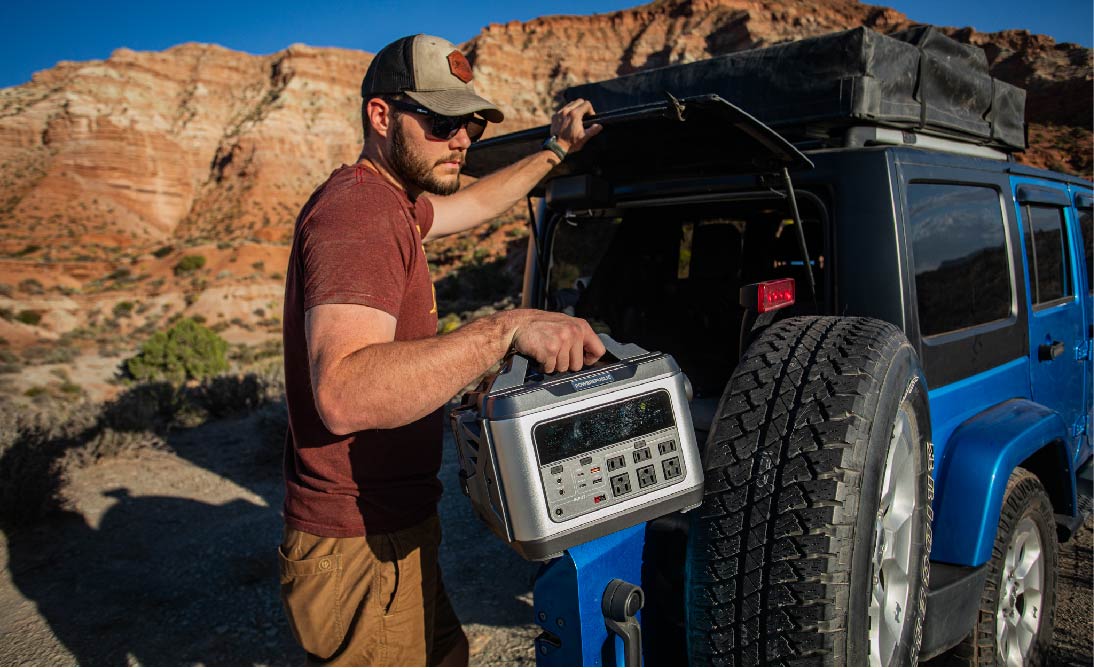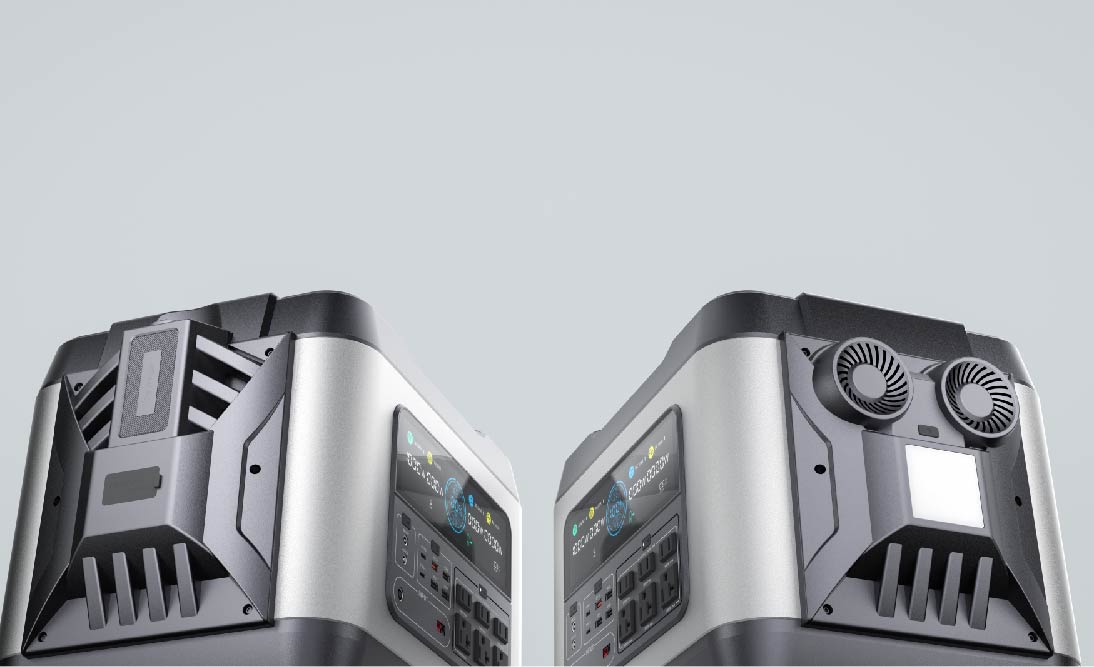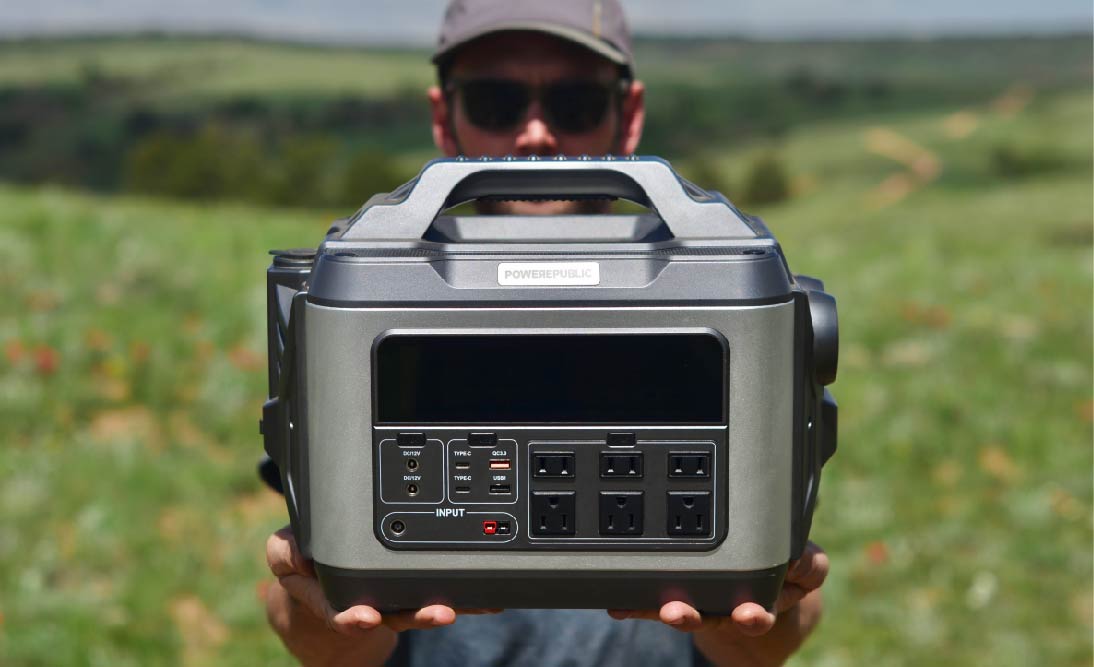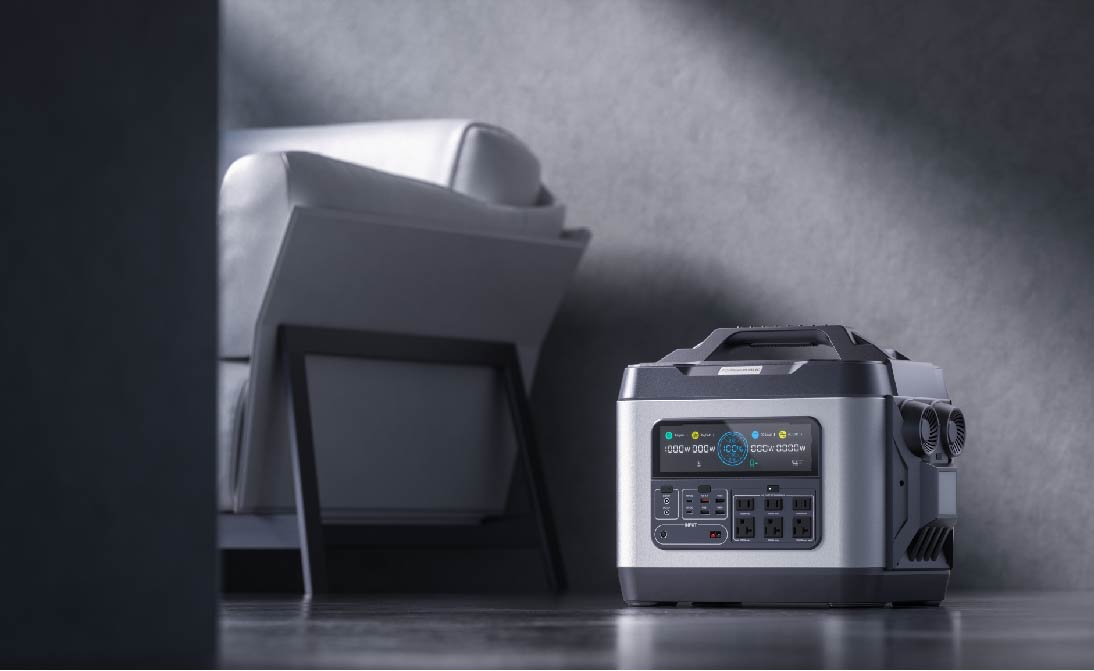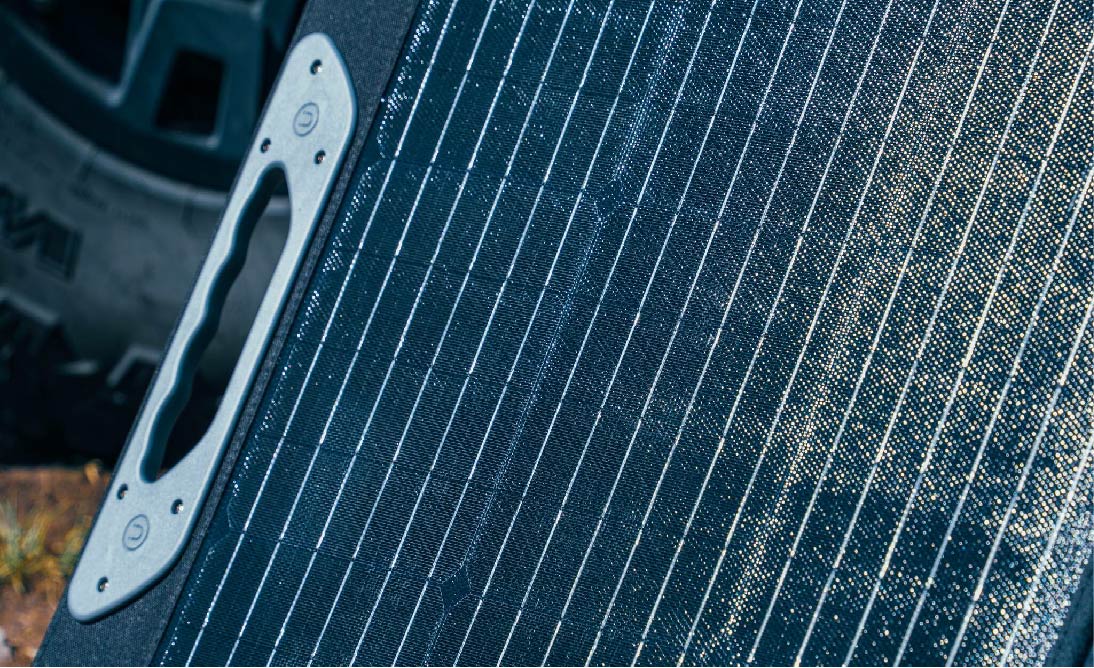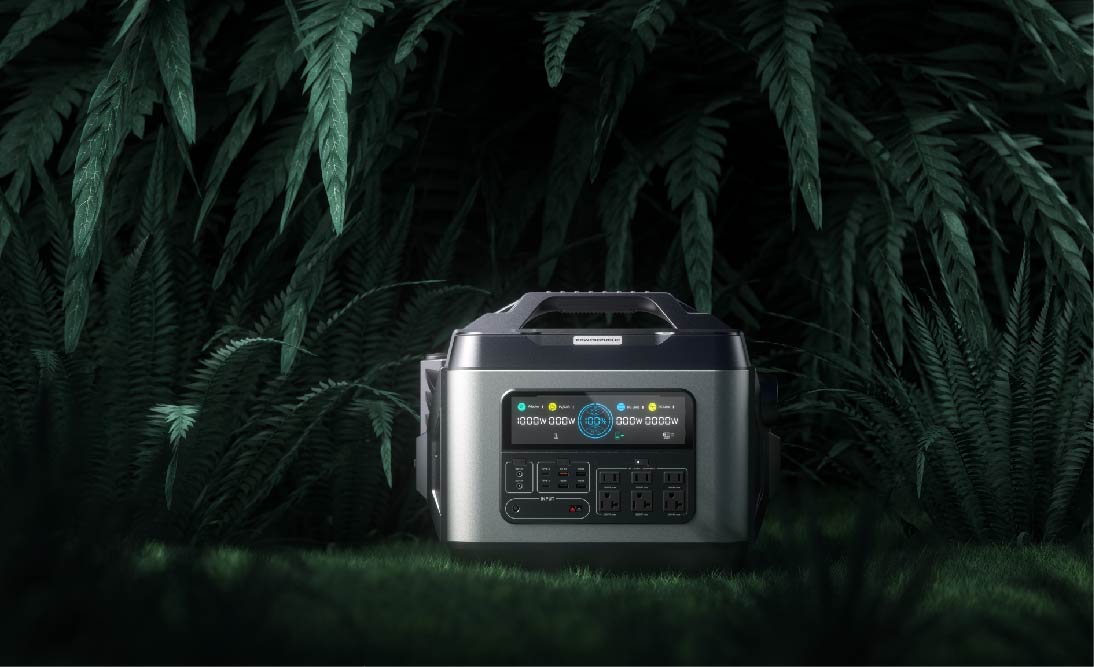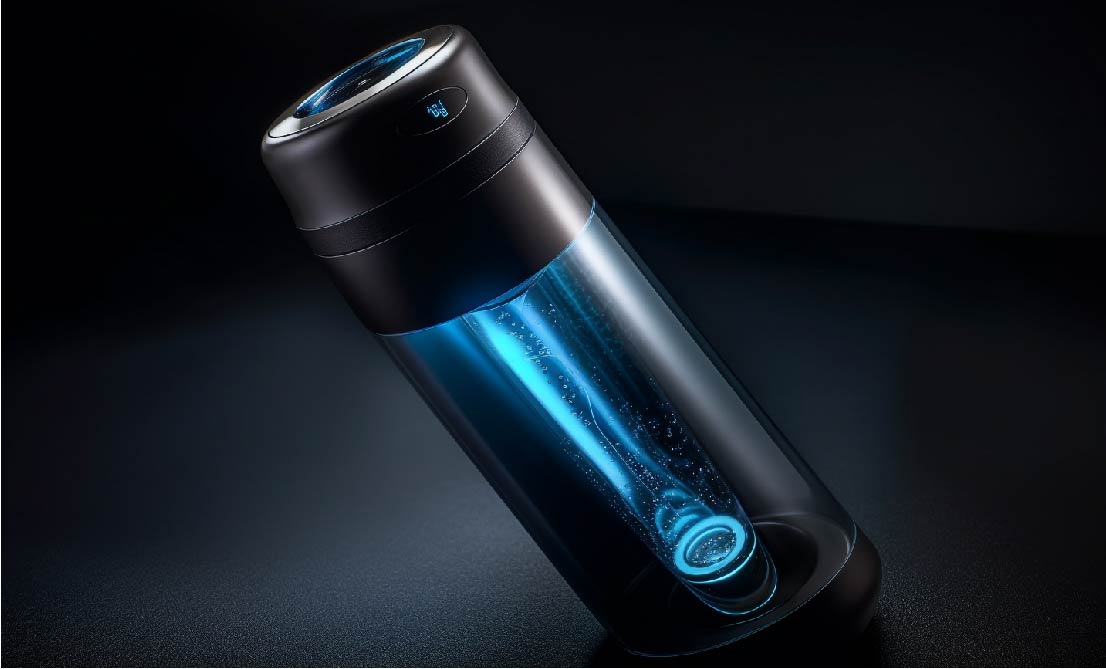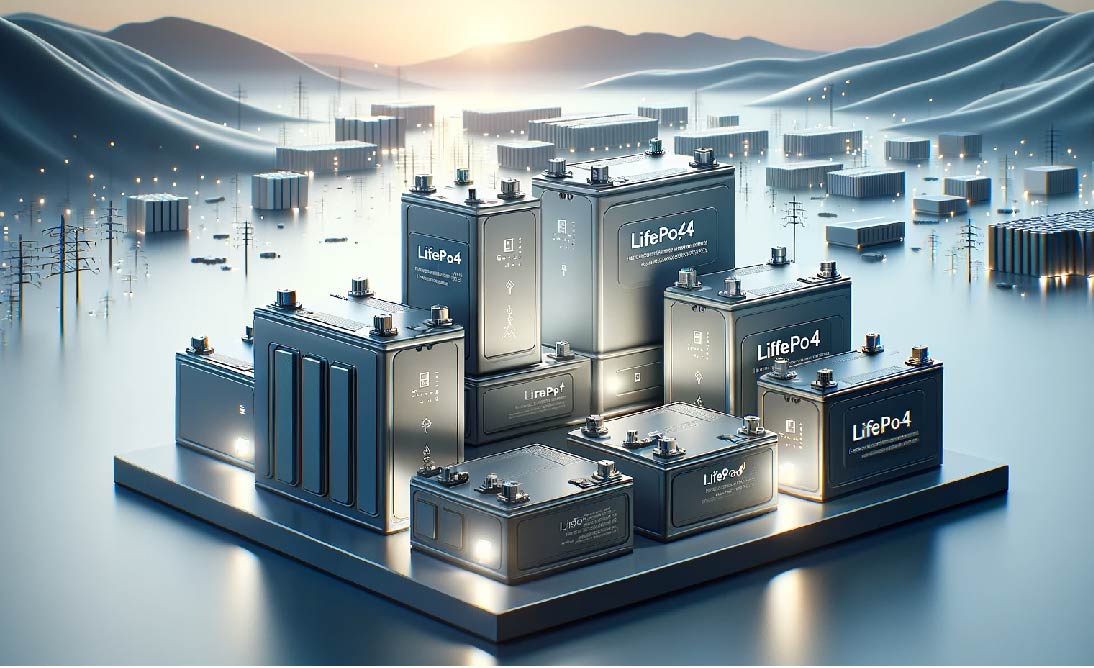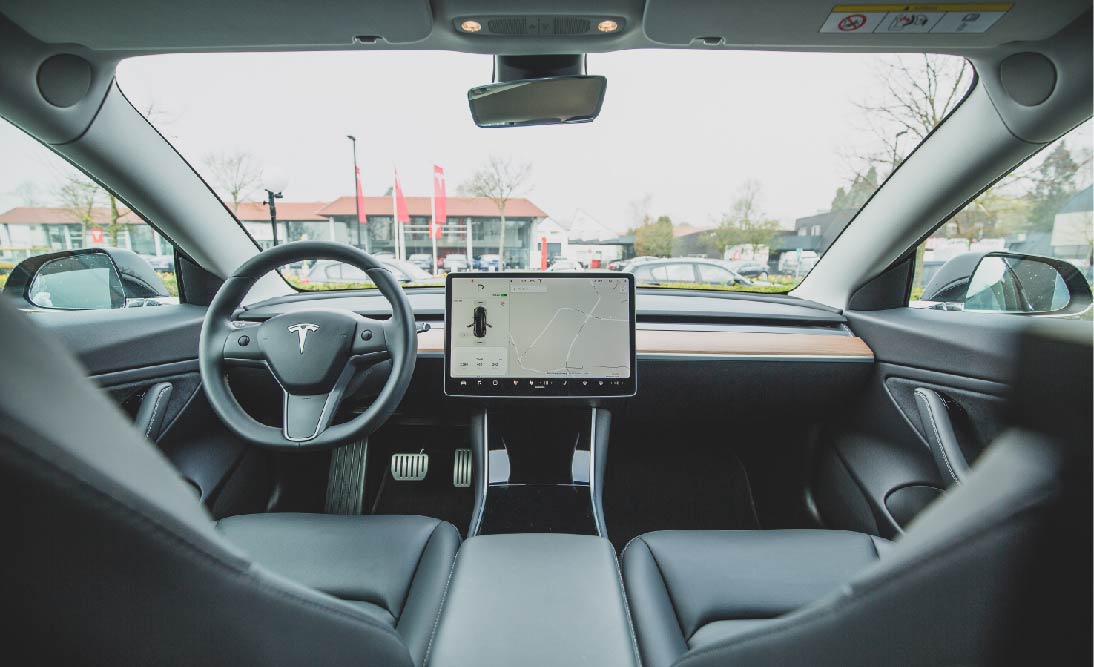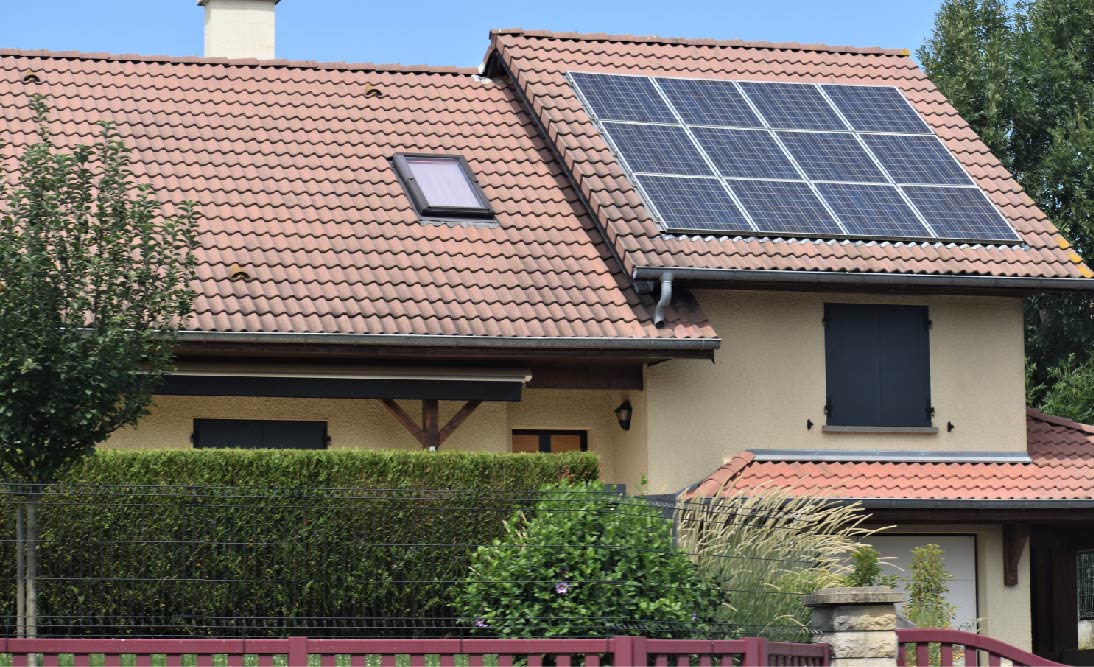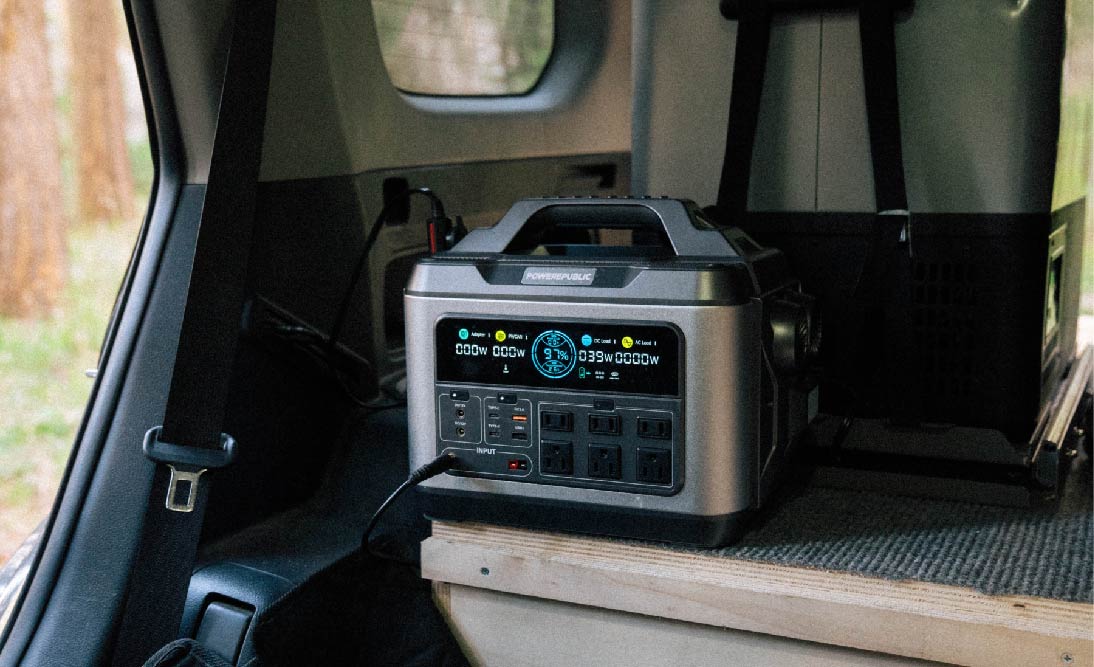When you are using your electronic devices outdoors, have you ever wondered how much energy they require and how much power they consume? When determining the electrical power consumption of your appliances and devices, there are two different units you want to know about - watts and watt-hours.
Understanding the differences between these two units will help you select the right-sized portable power station for your needs. In this article, we will give a brief guide about what are watt and watt-hours and what is the difference between them.
What Is A Watt-hour?
A watt-hour (Wh) is a unit widely used to measure electrical energy consumption or production. It represents the amount of electrical energy consumed or produced over a specific period.
The term "Watt-hour" combines two units: watt, which measures power, and hour, which represents time. The watt-hour is obtained by multiplying the power in watts by the time in hours. For example, if a device operates at a constant power of 100 watts for 2 hours, the total energy consumed or produced would be 200 watt-hours (100 watts x 2 hours = 200 watt-hours). The different portable power stations will have different battery capacities, usually measured in watt-hour. For example, POWEREPUBLIC T1200 Portable Power Station has a battery capacity of 1110Wh.
Watt-hours are widely used in utility billing to determine the amount of energy consumed by residential, commercial, or industrial consumers. It allows individuals or businesses to understand their energy usage patterns, track consumption trends, and manage their electricity costs effectively.
Difference Between Watt and Watthour
Understanding the differences between these two units is crucial for comprehending power and energy consumption. Let's take a look at their differences:
Definition and Measurement:
-
Watt (W): Watt is a unit of power, measuring the rate at which energy is consumed or produced. It represents one joule of energy transferred per second. Watts are typically used to indicate the power capacity or rating of electrical devices and appliances.
-
Watt-hour(Wh): Watt-hour is a unit of energy, measuring the total amount of electrical energy consumed or produced over a specific period. It is obtained by multiplying power (watts) by time (hours). Watt-hours represent the actual quantity of energy used or generated.
Representation of Power and Energy:
-
Power (Watt): Watt represents the instantaneous power level at a given moment. It describes the rate at which energy is transformed or transferred. For example, a 200-watt light bulb indicates that it consumes or produces 200 joules of energy every second.
-
Energy (Watt-hour): The Watt-hour quantifies the total energy consumed or produced over a specific period. It considers both the power level and the duration of usage. For instance, if a 200-watt light bulb is left on for one hour, it will consume 200-watt hours of energy.
How To Calculate Watt-hours?
Method 1:
Watt-hour the watts of the appliance * the number of hours you run.
Example 1: Refrigerator
Suppose your refrigerator consumes 300 watts, and you want to run it for 8 hours daily.
Watt-hour = Watts * Hours = 300 watts * 8 hours = 2,400 Wh or 2.4 kWh per day.
Method 2:
Watt-hour=Ampere hour(Ah) * Voltage(V)
Example 2: Portable Power Station
Suppose your portable power station has an Amphere hour of 70Ah and a voltage of 43.2V, then
Watt-hour = Ampere hour(Ah) * Voltage(V)= 70Ah * 43.2V=3,024Wh
In this case, your portable power station has a battery capacity of 3,024Wh.
A Quick Wrap-Up
Understanding what is a watt-hour and the difference between watt-hour and watt will help you better understand the amount of power and energy needed for your devices and appliances.
The key differences between watt and watt-hour lie in their definitions and applications. Watt measures power, representing the rate at which energy is consumed or produced, while watt-hour quantifies the total energy consumed or produced over a specific period. Understanding these distinctions is crucial for energy management, efficiency optimization, and accurate measurement of electrical consumption.









